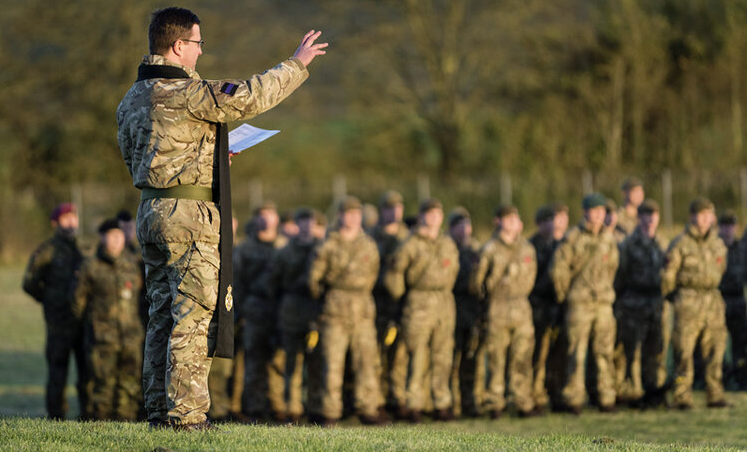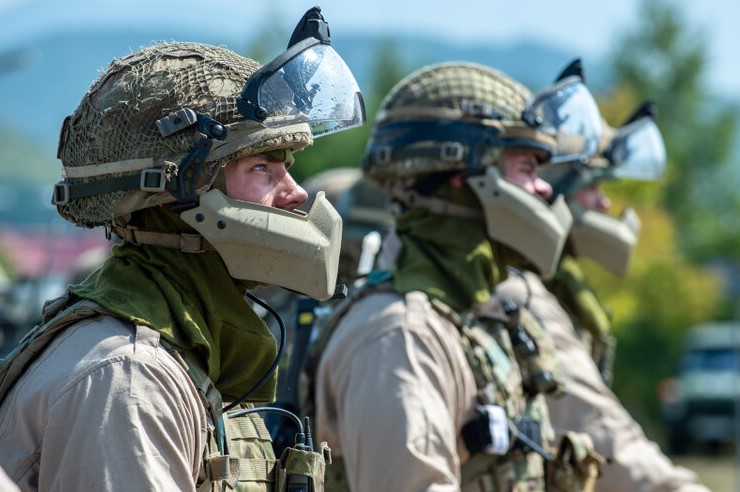Understand your transferable skills

HOW TO TRANSLATE YOUR MILITARY SKILLS & EXPERIENCE INTO CIVVY LANGUAGE
From discipline and leadership to adaptability, excellent communication skills and the ability to get things done, you’ll possess many qualities that will be highly transferable to Civvy Street.
However, although you might have lots to offer, it can be difficult for employers to grasp the value of your military experiences and skills, and understand how they will apply to their business. So, it’s crucial that you take the time to ‘translate’ your skills, qualifications, military job titles and any military-specific terms into “civvy speak” so that employers can understand a bit more about you, what you have achieved and how you will add value.
Read More >>

MILITARY SOFT SKILLS TRANSLATOR
There’s a world of opportunity waiting for you in civilian life. Employers hire ex-military people because they bring knowledge, skills and experience they struggle to find. You will have acquired a diverse range of skills from your Service in the Armed Forces, especially ‘soft’ skills. Understanding and translating these soft skills are crucial to landing your dream job and embarking on your second career.
Read More >>

4 SOUGHT-AFTER QUALITIES THAT MAKE VETERANS OUTSTANDING JOB CANDIDATES
People who join the military receive valuable training throughout their careers which forms and strengthens their skillset. When veterans leave Service, they often wrongly assume that they don’t have the required skills and experience to secure a civilian job. However, it is their unique and diverse range of hard and soft skills – which are easily transferable to civilian employment – that makes them an asset and can in turn help to fill the skills gaps affecting many businesses.
Read More >>